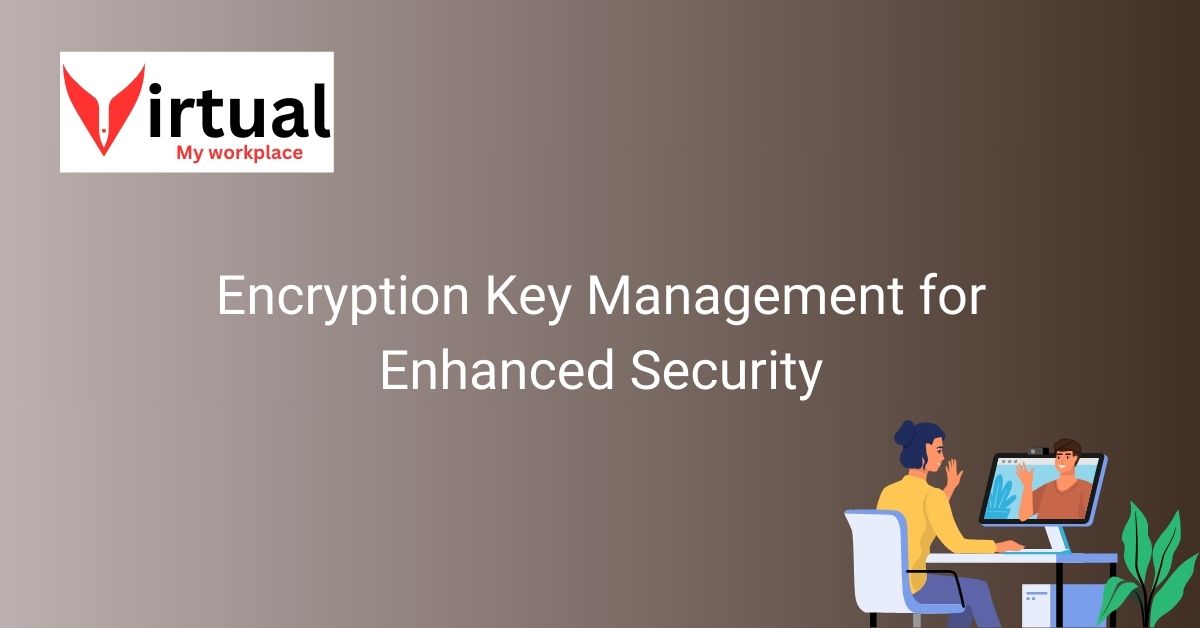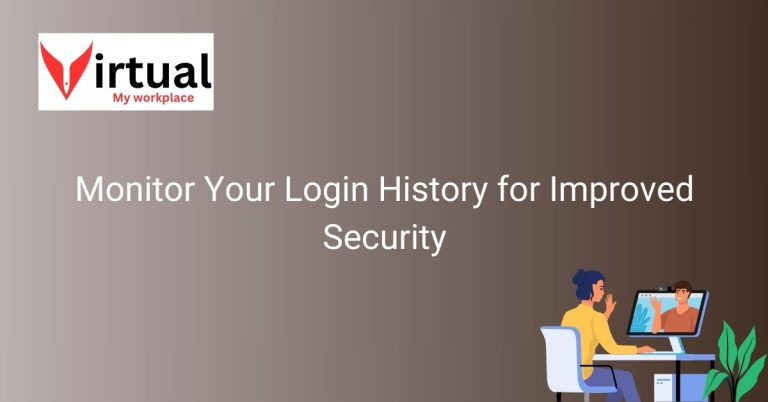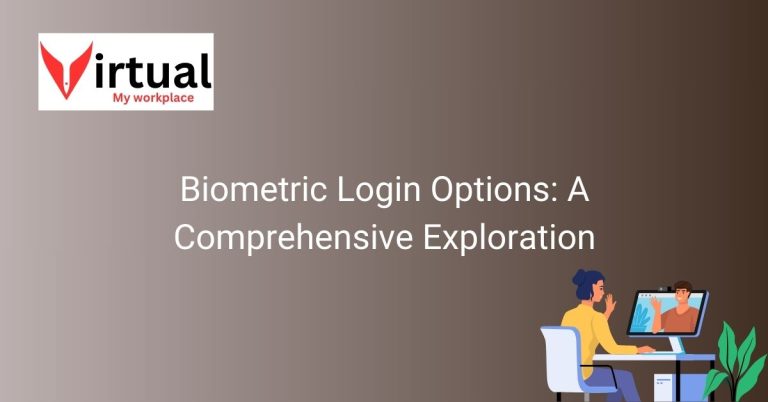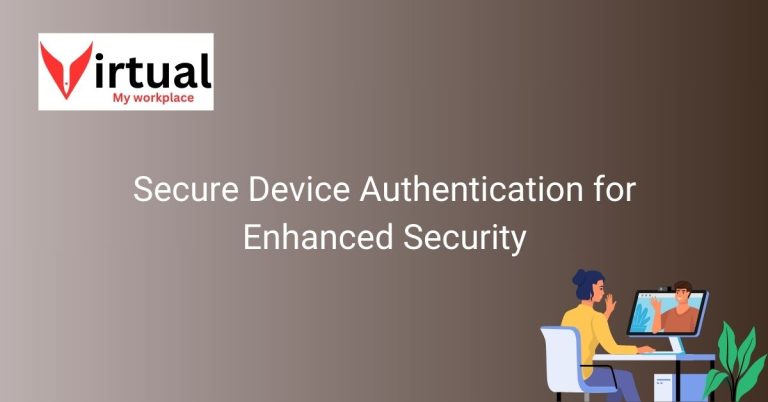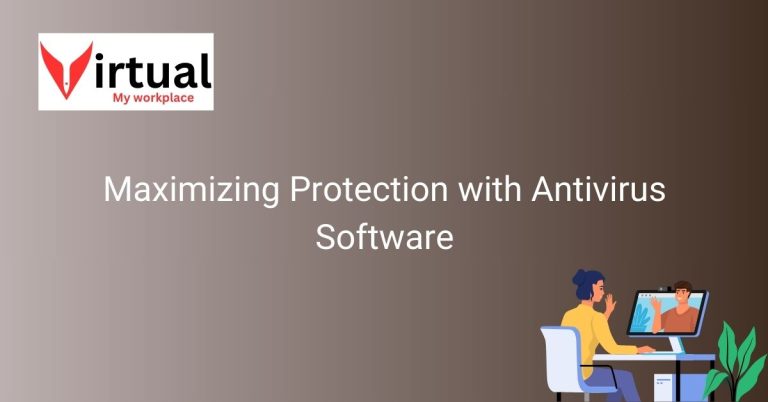Encryption Key Management for Enhanced Security
Enhancing security measures in a virtual workplace is of utmost importance, especially when it comes to Encryption Key Management. By effectively managing encryption keys, organizations can ensure that their data is protected from unauthorized access and cyber threats. This crucial aspect of security in a virtual workplace involves securing, storing, and distributing encryption keys to maintain the confidentiality and integrity of sensitive information.
Encryption Key Management for Enhanced Security plays a vital role in safeguarding data in a virtual workplace by providing an added layer of protection. By implementing robust encryption key management practices, organizations can mitigate the risk of data breaches and ensure that only authorized personnel have access to sensitive information. With the increasing reliance on digital platforms in today’s work environment, prioritizing encryption key management is essential for maintaining a secure virtual workspace.
Importance of Encryption Key Management
Encryption key management is a critical aspect of maintaining security in a virtual workplace. By effectively managing encryption keys, organizations can ensure that their sensitive data is protected from unauthorized access and cyber threats. This process involves securing, storing, and distributing encryption keys to maintain the confidentiality and integrity of information.
Securing Data with Effective Key Management
Effective encryption key management ensures that data is securely encrypted and decrypted only by authorized personnel. By implementing strong encryption algorithms and secure key storage practices, organizations can prevent data breaches and unauthorized access to sensitive information in a virtual workplace.
Benefits of Encryption Key Management
The benefits of encryption key management include enhanced data security, compliance with regulations, and protection against cyber threats. By properly managing encryption keys, organizations can maintain the confidentiality of their data and reduce the risk of data breaches, ultimately safeguarding their virtual workplace.
Best Practices for Key Distribution
When distributing encryption keys, it is essential to use secure channels and protocols to prevent interception or unauthorized access. Implementing secure key exchange mechanisms and following established protocols for key distribution can help organizations maintain the integrity of their encryption keys and protect their data.
Role of Encryption Key Management in Cybersecurity
Encryption key management plays a crucial role in cybersecurity by ensuring that data is encrypted and decrypted securely. By managing encryption keys effectively, organizations can prevent unauthorized access to sensitive information, mitigate the risk of data breaches, and maintain the confidentiality of their data in a virtual workplace.
Ensuring Confidentiality with Encryption Keys
Encryption keys are essential for ensuring the confidentiality of data in a virtual workplace. By properly managing encryption keys, organizations can encrypt their data securely and prevent unauthorized access. This helps maintain the confidentiality of sensitive information and protects against potential security threats.
Implementing Encryption Key Management Strategies
Implementing encryption key management strategies involves establishing secure key generation, storage, and distribution practices. By following best practices for encryption key management, organizations can protect their data from unauthorized access, comply with security regulations, and maintain the integrity of their virtual workplace.
Enhanced Security Through Encryption Key Management
Encryption key management enhances security in a virtual workplace by providing a secure framework for encrypting and decrypting data. By effectively managing encryption keys, organizations can protect their sensitive information from cyber threats, ensure data confidentiality, and maintain a secure virtual workspace.
Key Management Solutions for Virtual Workplaces
There are various key management solutions available for virtual workplaces that offer secure encryption key generation, storage, and distribution capabilities. By leveraging key management solutions, organizations can enhance their data security, protect sensitive information, and maintain a secure virtual workspace that is resilient against potential cyber threats.
Frequently Asked Questions
Our FAQs section aims to provide detailed information on Encryption Key Management for Enhanced Security to help you better understand the importance of securing your data in a virtual workplace.
What is Encryption Key Management?
Encryption Key Management is the process of securing, storing, and distributing encryption keys to protect sensitive data from unauthorized access and cyber threats. It ensures the confidentiality and integrity of information by managing access to encryption keys.
Why is Encryption Key Management important for virtual workplaces?
Encryption Key Management is crucial for virtual workplaces as it provides an added layer of protection for sensitive data. By effectively managing encryption keys, organizations can mitigate the risk of data breaches and ensure that only authorized personnel have access to confidential information.
How does Encryption Key Management enhance security in a virtual workspace?
Encryption Key Management enhances security in a virtual workspace by ensuring that encryption keys are securely stored and distributed. This helps in maintaining the confidentiality and integrity of data, protecting it from unauthorized access and cyber threats.
What are the best practices for Encryption Key Management?
Best practices for Encryption Key Management include implementing robust security measures, regularly updating encryption keys, restricting access to authorized personnel, and monitoring key usage. These practices help in maintaining a secure virtual workspace.
How can organizations benefit from prioritizing Encryption Key Management?
By prioritizing Encryption Key Management, organizations can benefit from improved data security, reduced risk of data breaches, compliance with data protection regulations, and enhanced trust from customers. It helps in safeguarding sensitive information and maintaining a secure virtual workspace.
What are the challenges associated with Encryption Key Management?
Some challenges associated with Encryption Key Management include key management complexity, key storage security, key distribution across multiple systems, and key rotation. Overcoming these challenges requires careful planning, implementation of security protocols, and regular monitoring of key usage.

